

on Simplifying Social Learning: authors.elsevier.com/a/1iZ4S4sIRv...
We highlight how social expertise lets us simplify complex reinforcement learning, offering a prototype for how people can turn hard learning problems into easier ones.
www.cambridge.org/core/journal...
We find the same thing with climate change and public health across multiple massive global datasets (with evidence from 67 countries)

www.cambridge.org/core/journal...
We find the same thing with climate change and public health across multiple massive global datasets (with evidence from 67 countries)
We adopt a network neuroscience approach to understand how arousal reconfigures large-scale functional network organization to support memory of complex narratives!
We adopt a network neuroscience approach to understand how arousal reconfigures large-scale functional network organization to support memory of complex narratives!
Can getting more rewards make you feel more skilled, even if your performance doesn't change?
www.nature.com/articles/s44...

Can getting more rewards make you feel more skilled, even if your performance doesn't change?
www.nature.com/articles/s44...
In lab experiments and naturalistic groups, people generalize perceptions of acceptance and rejection across social network ties.
How do we figure out who will accept or reject us in a new group?
We show that people generalize relational value across friendship ties—forming a network gradient of approach & avoidance.
authors.elsevier.com/a/1lq3x51f8w...
In lab experiments and naturalistic groups, people generalize perceptions of acceptance and rejection across social network ties.
How do we figure out who will accept or reject us in a new group?
We show that people generalize relational value across friendship ties—forming a network gradient of approach & avoidance.
authors.elsevier.com/a/1lq3x51f8w...
How do we figure out who will accept or reject us in a new group?
We show that people generalize relational value across friendship ties—forming a network gradient of approach & avoidance.
authors.elsevier.com/a/1lq3x51f8w...
Humans are capable of sophisticated theory of mind, but when do we use it?
We formalize & document a new cognitive shortcut: belief neglect — inferring others' preferences, as if their beliefs are correct🧵

Humans are capable of sophisticated theory of mind, but when do we use it?
We formalize & document a new cognitive shortcut: belief neglect — inferring others' preferences, as if their beliefs are correct🧵
Prolonged Isolation is associated with an increased behavioural sensitivity to ‘Likes’ on social media.
🧵
Social media rewards are inherently social—but does posting change during social isolation, when in-person social rewards are limited?
It turns out, yes!
Prolonged Isolation is associated with an increased behavioural sensitivity to ‘Likes’ on social media.
🧵
Social media rewards are inherently social—but does posting change during social isolation, when in-person social rewards are limited?
It turns out, yes!
usc.wd5.myworkdayjobs.com/ExternalUSCC...

usc.wd5.myworkdayjobs.com/ExternalUSCC...
Does human learning have an automatic aspect? Is it possible that we learn things that are counterproductive and only lead to reduced gains?
Does human learning have an automatic aspect? Is it possible that we learn things that are counterproductive and only lead to reduced gains?
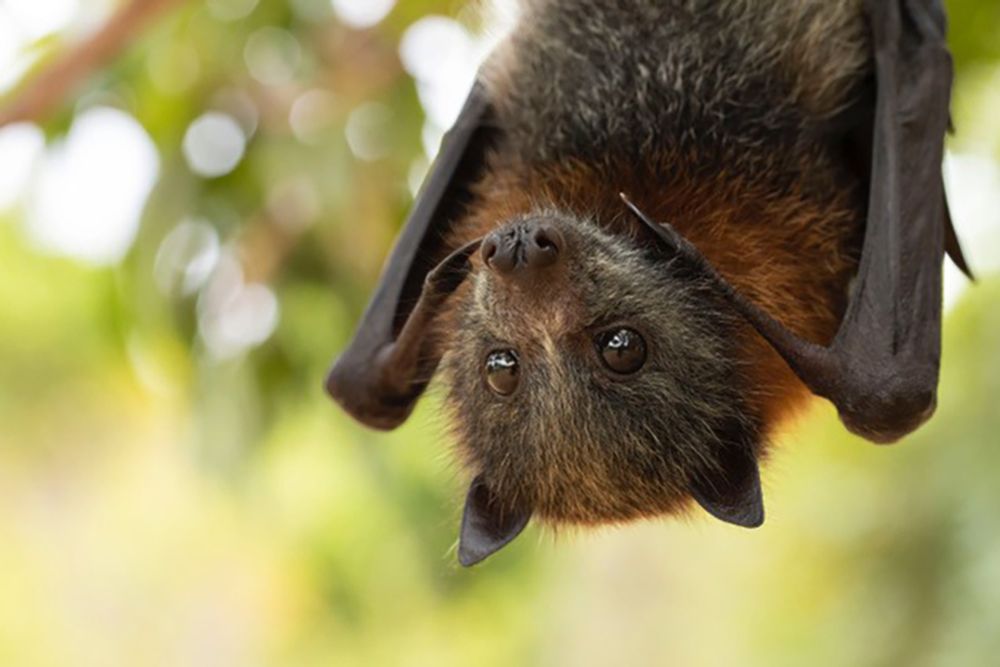
People can link another person's abstract mental states—like feeling good or bad—with reward. This shapes empathy in new situations where those feelings are perceived.
People can link another person's abstract mental states—like feeling good or bad—with reward. This shapes empathy in new situations where those feelings are perceived.
Our labs study social connection and social learning/decision-making using social neuro, social cognition, and computational modeling approaches.
Please share!
Apply at usccareers.usc.edu/job/los-ange... with:
completed questionnaire (socolab.org/lab-manager-application), CV & Cover Letter!
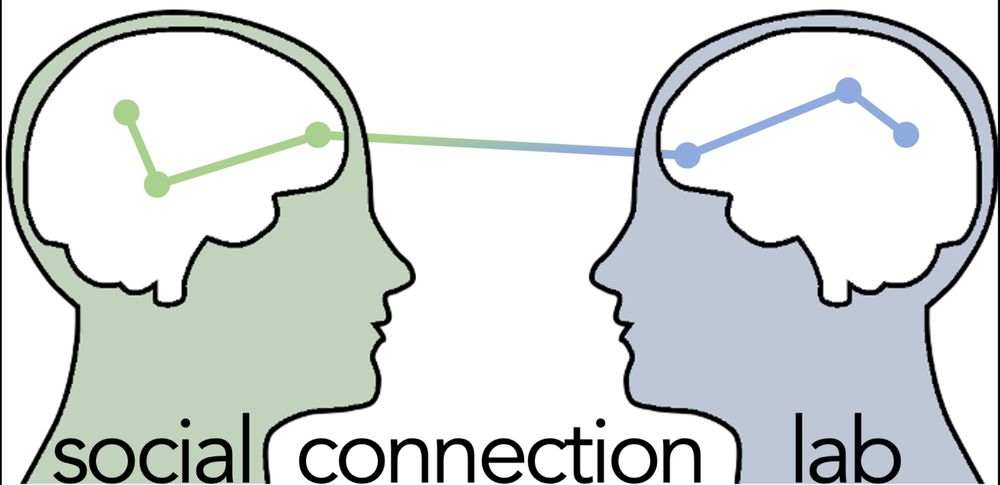
Our labs study social connection and social learning/decision-making using social neuro, social cognition, and computational modeling approaches.
Please share!

www.sciencedirect.com/science/arti...
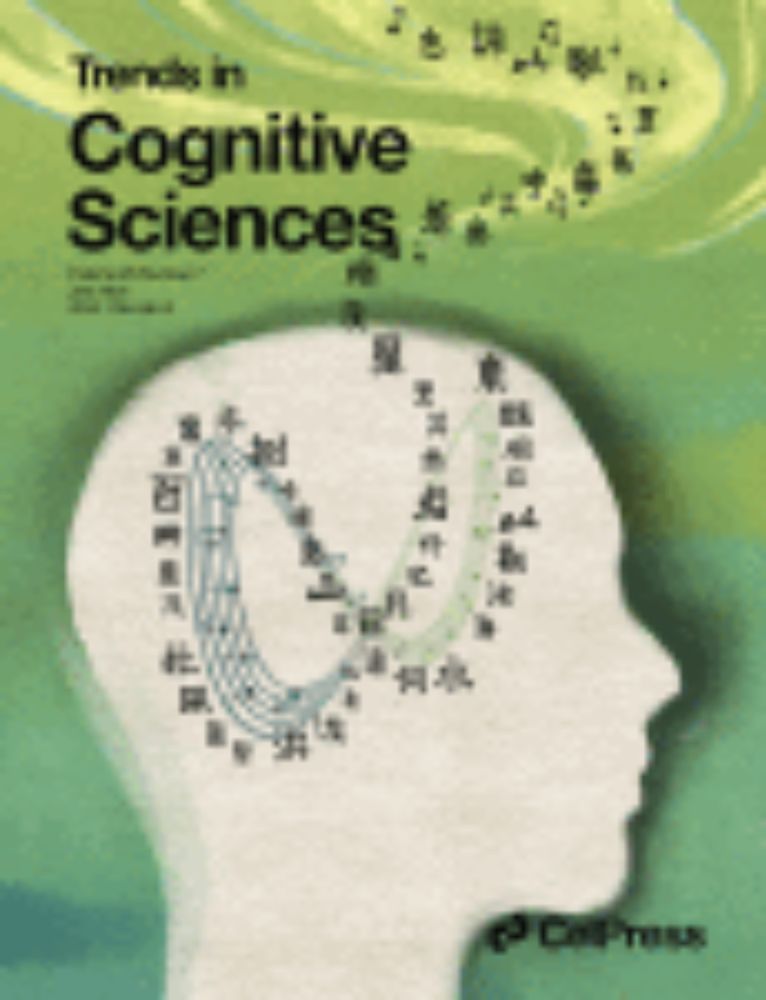
www.sciencedirect.com/science/arti...
Opinion by Scarlett Howard
tinyurl.com/37aedmfx
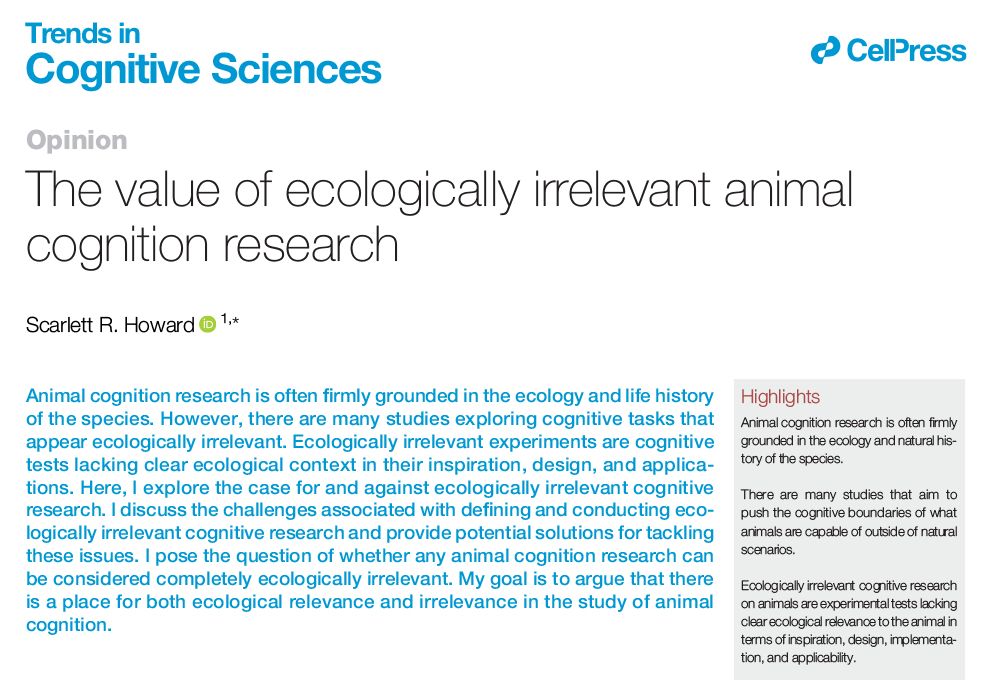
Opinion by Scarlett Howard
tinyurl.com/37aedmfx
👉 theconversation.com/your-brain-l...

👉 theconversation.com/your-brain-l...
In it, I argue that impression formation is fundamentally a learning process. And as such, theories of impression formation should be based on mechanisms of learning and memory.
Some key take-aways:
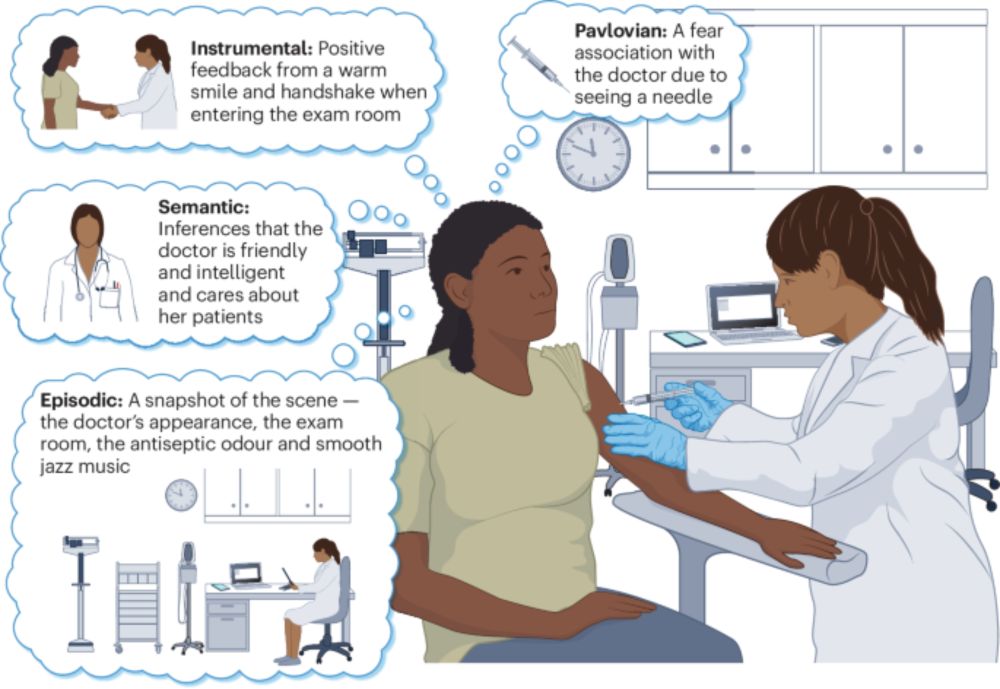
In it, I argue that impression formation is fundamentally a learning process. And as such, theories of impression formation should be based on mechanisms of learning and memory.
Some key take-aways:
Perspective by David M. Amodio (@davidamodio.bsky.social)
Web: go.nature.com/3YTubx3
PDF: rdcu.be/ejREM
#psychology #psychscisky
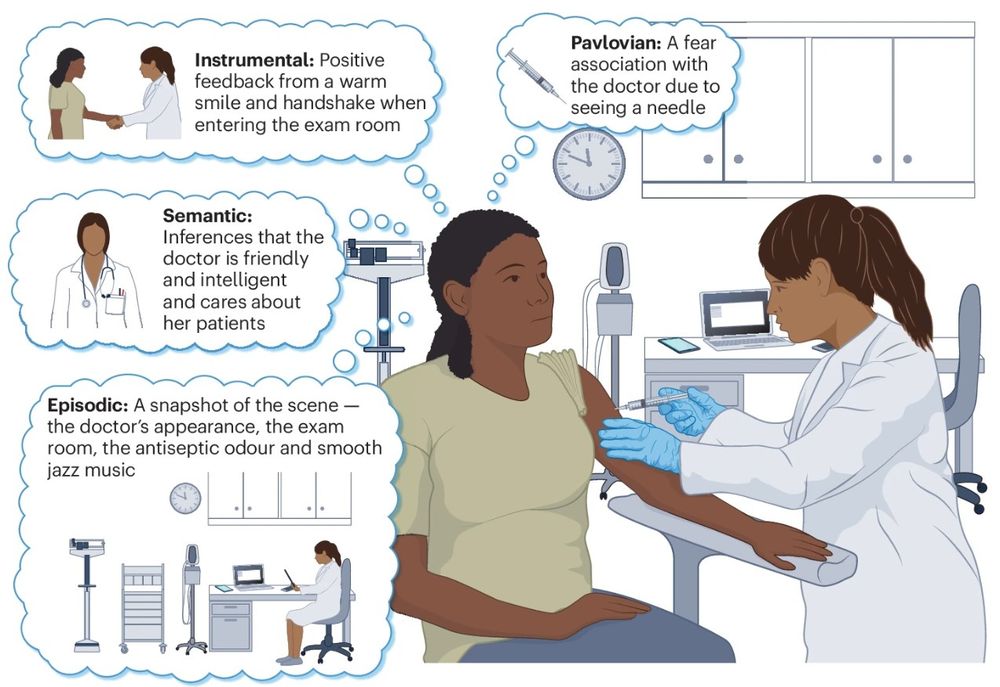
Perspective by David M. Amodio (@davidamodio.bsky.social)
Web: go.nature.com/3YTubx3
PDF: rdcu.be/ejREM
#psychology #psychscisky
Using an episode of 'Survivor', we find that distinct features of conversation – semantic similarity, emotional tone, and confidence – strongly inform observers about underlying social relationships.
link.springer.com/article/10.3...

Using an episode of 'Survivor', we find that distinct features of conversation – semantic similarity, emotional tone, and confidence – strongly inform observers about underlying social relationships.
link.springer.com/article/10.3...
@merielcd.bsky.social
& Silvan Baier 🧵👇
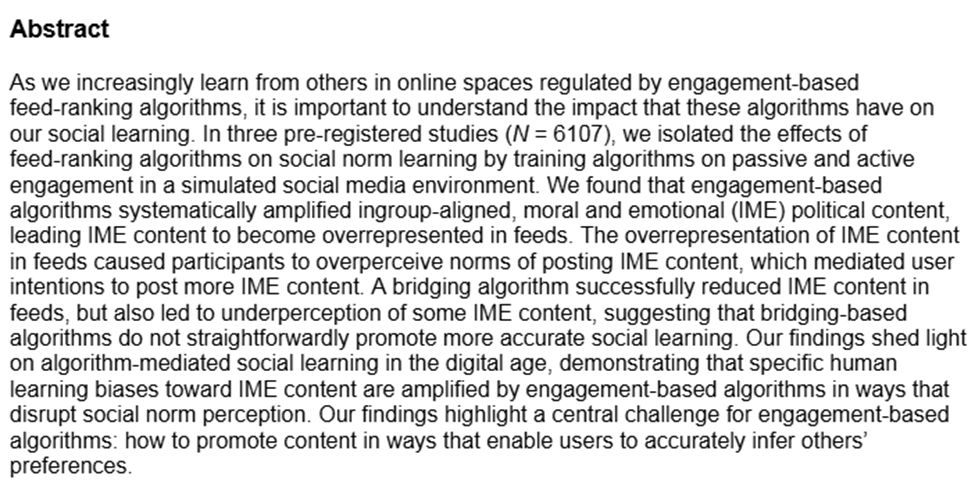
@merielcd.bsky.social
& Silvan Baier 🧵👇
We work on social learning and choice, and work broadly relevant to reward/motivation, social cognition/connection, and/or prosociality would be of interest to our group.
We work on social learning and choice, and work broadly relevant to reward/motivation, social cognition/connection, and/or prosociality would be of interest to our group.
The ability to imagine things we haven’t done before is one of the hallmarks of human cognition. How do we do it?

The ability to imagine things we haven’t done before is one of the hallmarks of human cognition. How do we do it?

